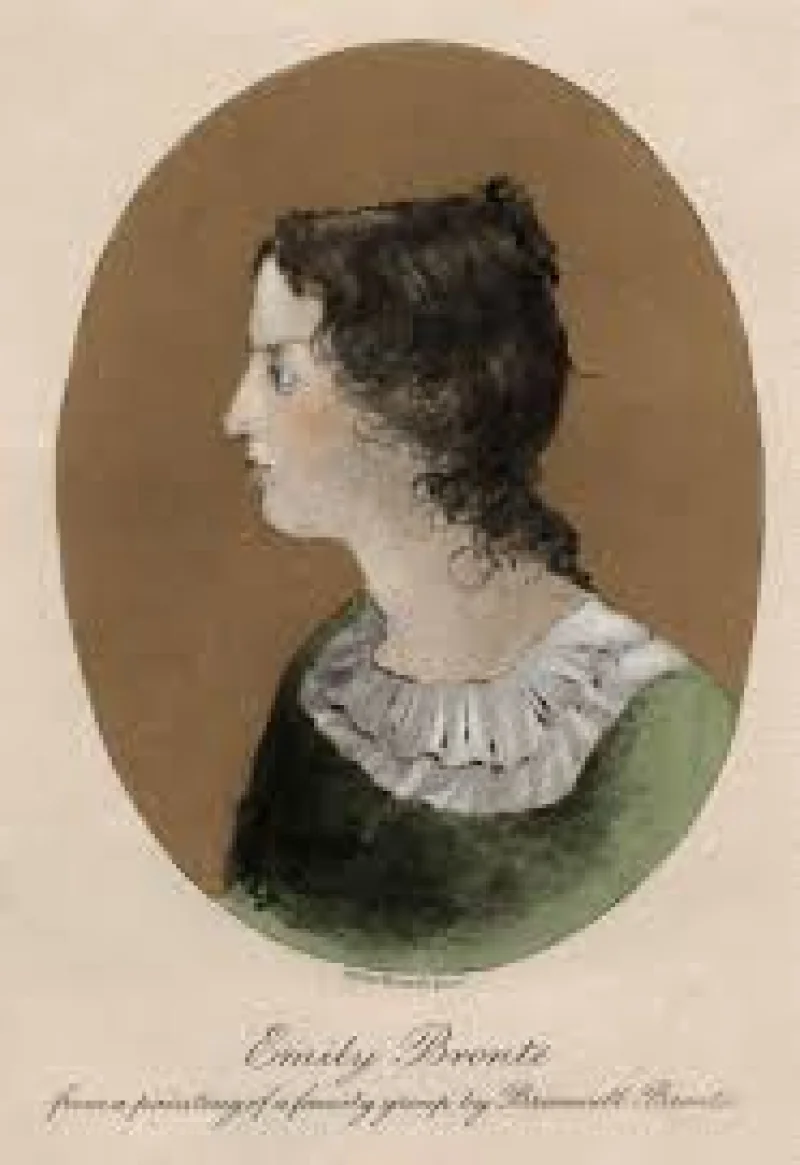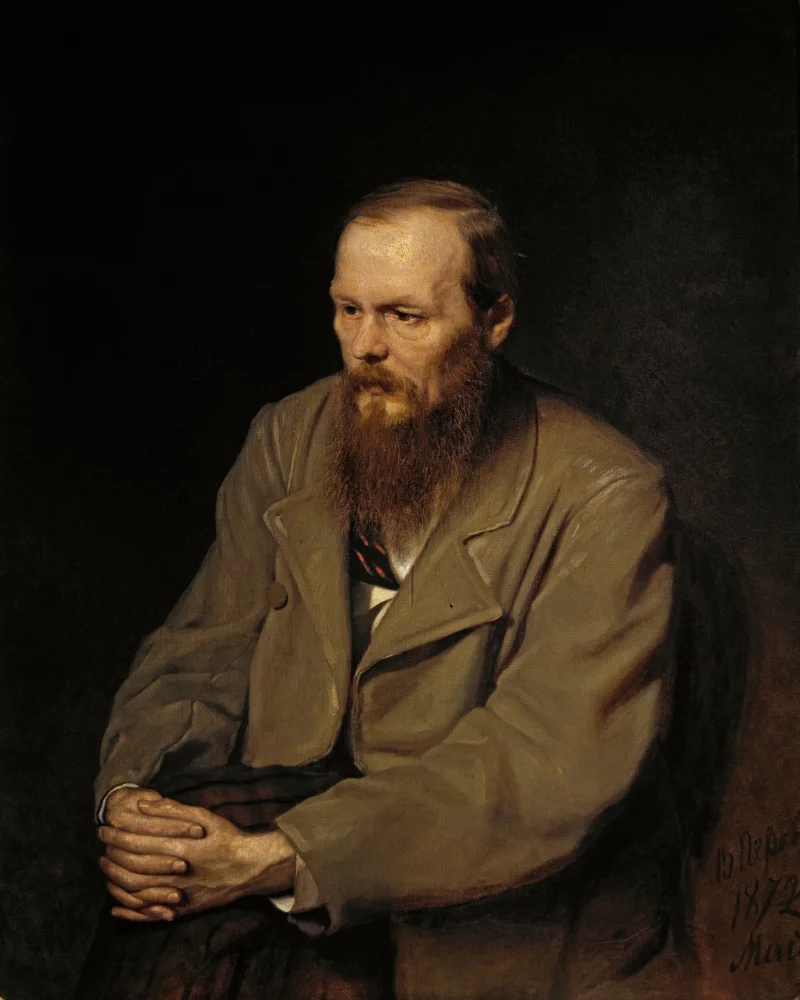Short Summary
Emily Brontë was a renowned English novelist and poet, best known for her singular novel, "Wuthering Heights." Born in 1818, she was part of the famous Brontë literary family, which included her sisters Charlotte and Anne. Despite her brief life, Emily's contributions to literature have left a lasting impact, particularly through the passionate and complex narrative of her only novel, which has become a classic of English literature.
Early Life & Education
Emily Brontë was born on July 30, 1818, in Thornton, West Yorkshire, England. She was the fifth of six children born to Patrick Brontë, an Irish clergyman, and Maria Branwell. After her mother's death in 1821, the family moved to Haworth, where her father served as a perpetual curate. Emily was primarily educated at home, along with her siblings, and was profoundly influenced by her family's literary environment. The siblings created imaginary worlds, and Emily's childhood experiences and the moorlands surrounding her home significantly shaped her imaginative life and writing.
Career Highlights
Emily Brontë's literary career was marked by the publication of "Wuthering Heights" in 1847 under the pseudonym Ellis Bell. Although initially met with mixed reviews, the novel's innovative structure and intense character dynamics garnered critical acclaim over time. Additionally, she contributed poems to a collection published jointly with her sisters, Charlotte and Anne, under the pseudonyms Currer, Ellis, and Acton Bell. Her poetry, known for its depth and introspection, further solidified her reputation as a gifted writer, though her literary output was limited due to her untimely death at the age of 30.
Major Achievements
- Publication of "Wuthering Heights" in 1847, which became a classic of English literature.
- Contributed to the "Poems by Currer, Ellis, and Acton Bell," showcasing her poetic talents.
- Developed a unique narrative style that influenced future generations of writers.
Famous Quotes
- "Whatever our souls are made of, his and mine are the same."
- "I wish I were a girl again, half-savage and hardy, and free."
Interesting Facts
- Emily was known for her reclusive nature and spent much of her time at home in Haworth.
- She had a strong connection to animals and nature, often depicted in her writings.
- Her only novel, "Wuthering Heights," was published a year before her death.
- Despite its initial mixed reception, "Wuthering Heights" is now considered a cornerstone of Gothic literature.
Legacy / Influence
Emily Brontë's influence on literature is profound, with "Wuthering Heights" being celebrated for its innovative narrative structure and complex characters. Her work has inspired countless adaptations in film, theater, and music, maintaining relevance across generations. Emily's exploration of passion, identity, and the human condition continues to resonate with readers, solidifying her status as a pivotal figure in the canon of English literature.
FAQ
Q: Why is Emily Brontë famous?
A: She is famous for her only novel, "Wuthering Heights," which is a classic of English literature.
Q: What was Emily Brontë's only novel?
A: Her only novel was "Wuthering Heights," published in 1847.
Q: Did Emily Brontë use a pseudonym?
A: Yes, she published under the pseudonym Ellis Bell.
Q: How did Emily Brontë die?
A: Emily Brontë died of tuberculosis in 1848 at the age of 30.











